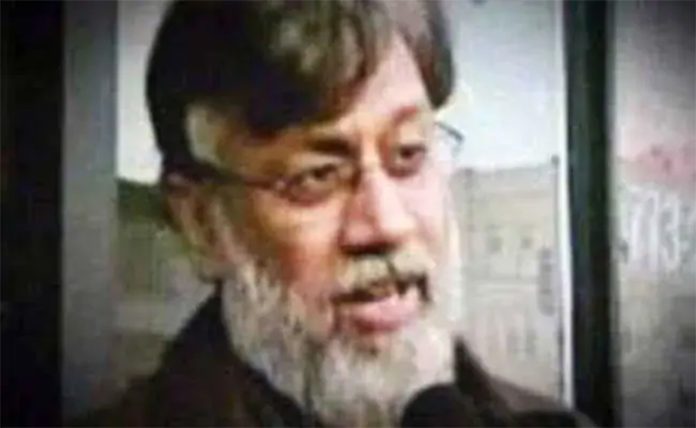WASHINGTON, Aug 17:
In a major setback to Pakistani-origin Canadian businessman, Tahawwur Hussain Rana, who is sought by India for his involvement in the 2008 Mumbai terror attack, a US court in California has ruled that he is extraditable to India under the extradition treaty between the two countries.
Follow the Daily Excelsior channel on WhatsApp
“The (India US Extradition) Treaty permits Rana’s extradition,” the US Court of Appeals for the Ninth Circuit said in its ruling on Thursday.
Ruling on an appeal filed by 63-year-old Rana, a panel of judges of the US Court of Appeals for the Ninth Circuit affirmed the District Court in the Central District of California’s denial of his habeas corpus petition challenging a magistrate judge’s certification of his as extraditable to India for his alleged participation in terrorist attacks in Mumbai.
Rana, currently lodged in a jail in Los Angeles, faces charges for his role in the 26/11 Mumbai attack and is known to be associated with Pakistani-American Lashkar-e-Taiba (LeT) terrorist David Coleman Headley, one of the main conspirators of the terror incident.
Under the limited scope of habeas review of an extradition order, the panel held that Rana’s alleged offence fell within the terms of the extradition treaty between the United States and India, which included a Non Bis in Idem (double jeopardy) exception to extraditability “when the person sought has been convicted or acquitted in the Requested State for the offence for which extradition is requested”.
Relying on the plain text of the treaty, the US State Department’s technical analysis, and persuasive case law of other circuits, the panel held that the word “offence” refers to a charged crime, rather than underlying acts, and requires an analysis of the elements of each crime.
The panel of three judges concluded that a co-conspirator’s plea agreement did not compel a different result. The panel held that the Non Bis in Idem exception did not apply because the Indian charges contained distinct elements from the crimes for which Rana was acquitted in the United States.
In its ruling, the panel also held that India provided sufficient competent evidence to support the magistrate judge’s finding of probable cause that Rana committed the charged crimes. The three panel of judges were Milan D Smith, Bridget S Bade, and Sidney A Fitzwater.
Rana, a Pakistani national, was tried in a US district court on charges related to his support for a terrorist organisation that carried out large-scale terrorist attacks in Mumbai. A jury convicted Rana of providing material support to a foreign terrorist organisation and conspiring to provide material support to a foiled plot to carry out terrorist attacks in Denmark. (PTI)


